The Art of Actually Hearing Your Kids: A Parent’s Guide to Real Listening
We’ve Become Professional Pretend-Listeners
Picture this: Your seven-year-old bounces into the kitchen while you’re frantically packing lunches, checking emails, and mentally rehearsing your presentation for work. They launch into an elaborate tale about how their friend Jessica’s pet turtle can apparently predict the weather. Your response? “Mm-hmm, that’s nice, honey” – the parental equivalent of an automated customer service response.
Sound familiar? If you’ve ever caught yourself nodding enthusiastically while having absolutely no idea what your child just said, congratulations: you’ve joined the ranks of millions of parents who have mastered the art of fake listening. We’ve become so skilled at multitasking that we can simultaneously pack a lunch, respond to texts, and provide what appears to be engaged parenting – except our kids aren’t fooled for a second.
The truth is, most of us have developed what experts call “continuous partial attention.” We’re physically present but mentally scattered across seventeen different tasks, like a circus performer spinning plates while riding a unicycle. Our children end up competing with smartphones, work stress, and our never-ending mental to-do lists for our attention – and frankly, the dishwasher’s mysterious rattling sound often wins.
Why This Matters More Than You Think
Here’s what many parents don’t realize: when we fail to truly listen to our children, we’re not just missing cute stories about weather-predicting turtles. We’re missing crucial information about their emotional world, their struggles, and their developing sense of self. Think of listening as your parental GPS system – without it, you’re essentially driving blind through the complex landscape of your child’s inner life.
Research shows that children who feel genuinely heard by their parents develop stronger emotional intelligence, better problem-solving skills, and more resilient relationships. They’re also more likely to come to you with bigger issues as they grow older. After all, if you can’t be bothered to listen when they’re excited about their hamster’s alleged engineering skills, why would they trust you with news about friendship drama or academic struggles?
Moreover, children are remarkably perceptive little beings. They know when you’re truly listening versus when you’re performing the “interested parent” role. When they consistently experience fake listening, they learn that their thoughts and feelings aren’t worthy of genuine attention – a lesson that can shape their self-worth for years to come.
Your Simple Solution: The STOP Method
The good news? Becoming a better listener doesn’t require a psychology degree or hours of meditation.
Here’s a practical approach you can start using today:
S – Stop what you’re doing. When your child approaches you with something to share, pause whatever you’re doing. Yes, even if you’re in the middle of something important. Put down the phone, turn away from the computer, and give them your physical attention. This simple act sends a powerful message that they matter more than your current task.
T – Turn toward them and make eye contact. Get on their level – literally. Squat down, sit on the floor, or invite them to sit beside you. Eye contact isn’t just polite; it helps you pick up on nonverbal cues and shows your child they have your full attention.
O – Open your ears and heart. Listen not just to their words but to the emotions underneath. Are they excited, frustrated, confused, or seeking connection? Sometimes “Mom, guess what happened at school today!” is really “I need to feel important to you right now.”
P – Pause before responding. Instead of immediately jumping in with advice or your own related story, take a moment to reflect back what you heard. “It sounds like you were really excited when your teacher picked your drawing for the bulletin board” shows you were truly listening and helps your child feel understood.
Expect something beautiful to unfold for your family
Nothing happens until you take the first step. When you commit to genuinely listening to your children and follow STOP Method, something magical happens to your family dynamic. Your home transforms from a chaotic relay race of half-heard conversations into a place where real connection flourishes. Your children begin to trust you with their bigger thoughts and feelings because you’ve proven yourself trustworthy with their smaller ones.
You’ll find yourself actually enjoying those seemingly endless stories about playground politics and elaborate fantasy worlds. More importantly, you’ll develop a deeper understanding of who your children really are – not just who you think they should be. This understanding becomes invaluable during challenging moments, helping you respond to meltdowns and behavioral issues with greater empathy and effectiveness.
Your children will grow up feeling valued and heard, carrying this sense of worth into their future relationships.
They’ll be more likely to share their struggles before they become crises, and they’ll develop the confidence that comes from knowing their voice matters. And here’s the beautiful irony: by slowing down to really listen, you’ll actually save time in the long run by preventing the misunderstandings and conflicts that arise when children feel unheard and disconnected.
The investment you make in listening today pays dividends for years to come, creating the kind of family relationships that sustain and nurture everyone involved.

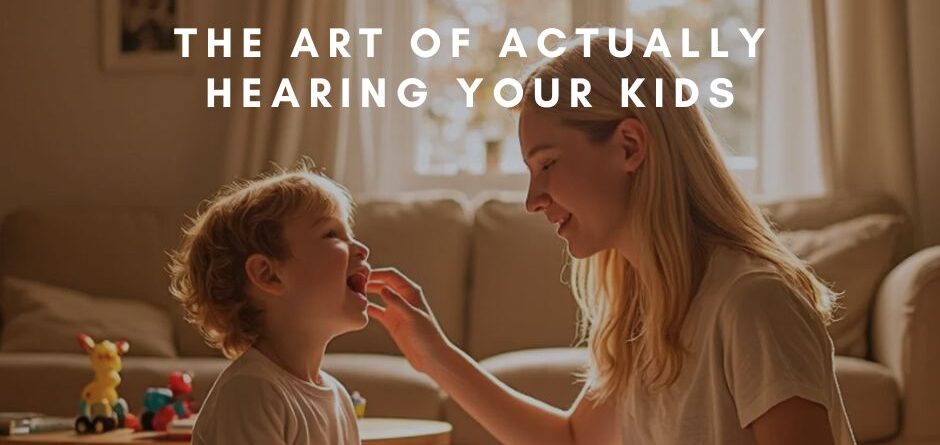
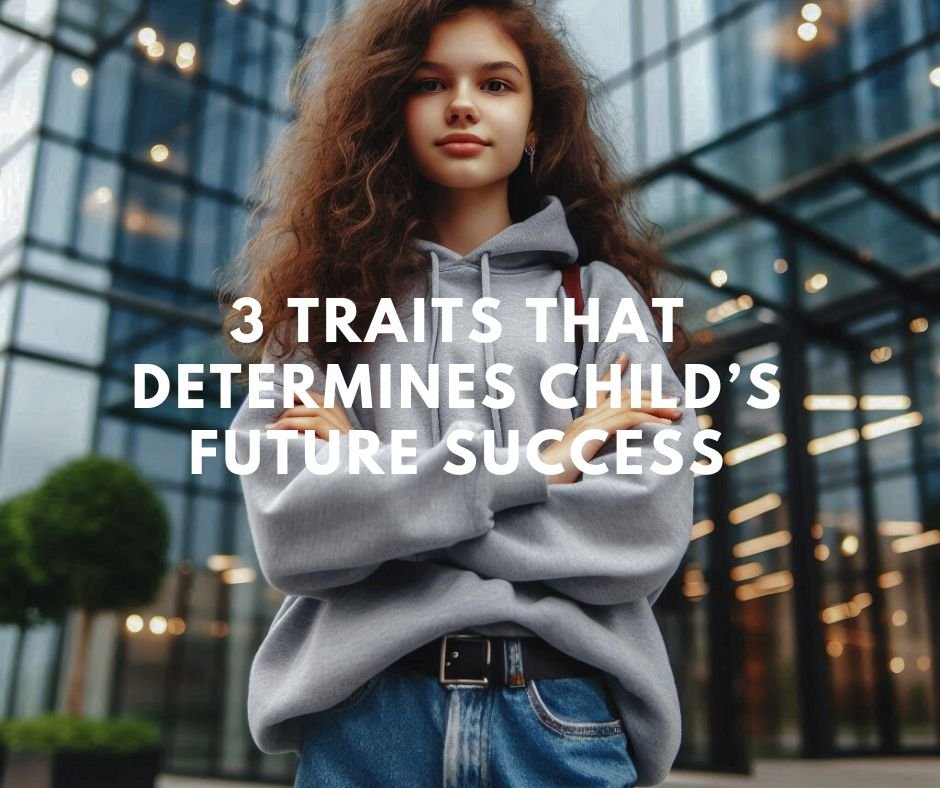


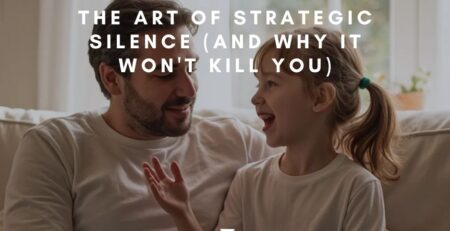
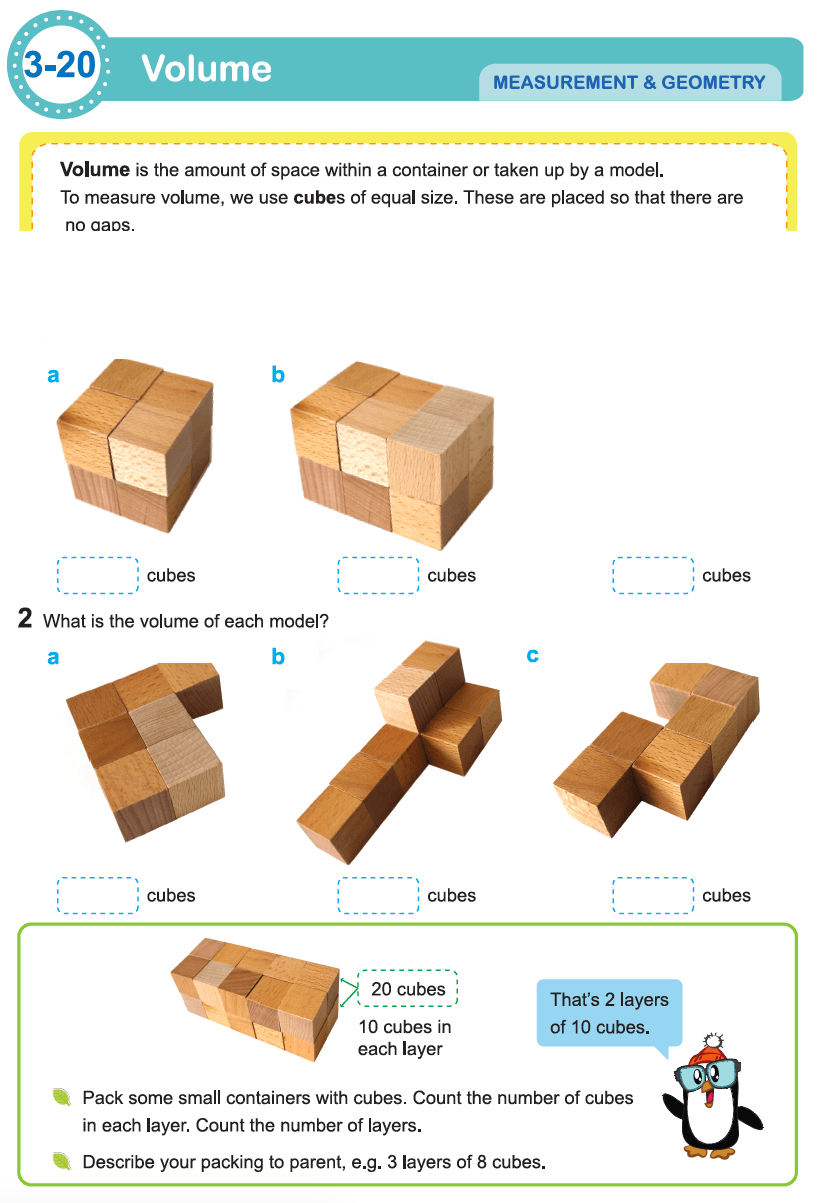




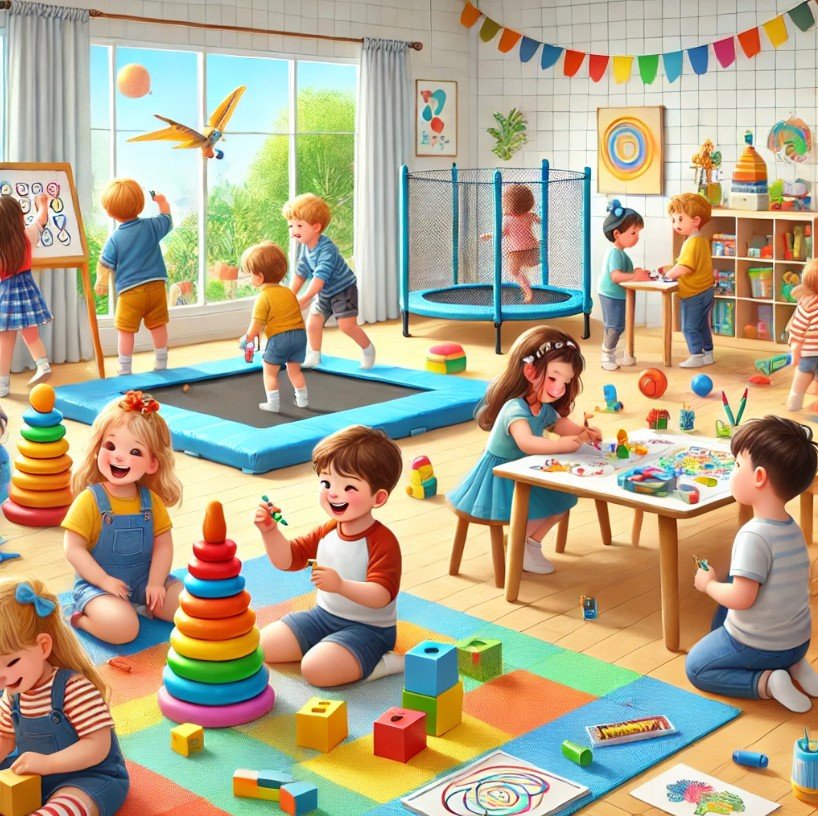

LEAVE A COMMENT